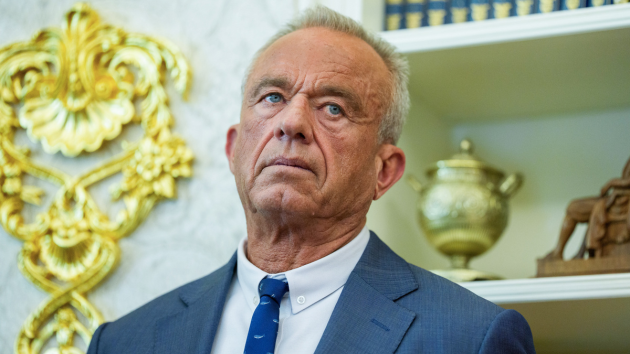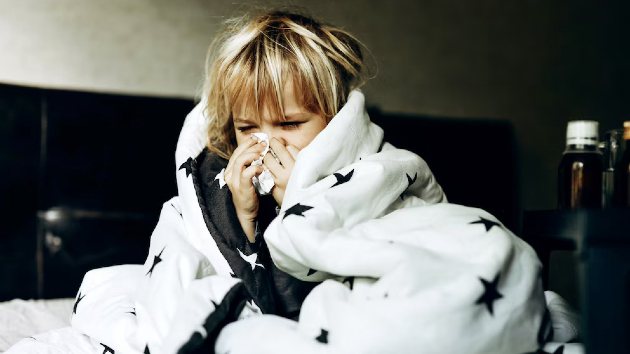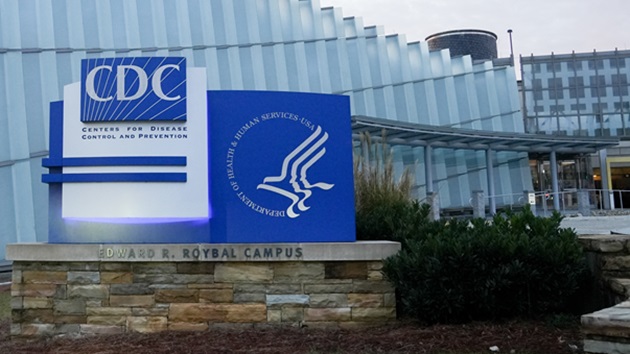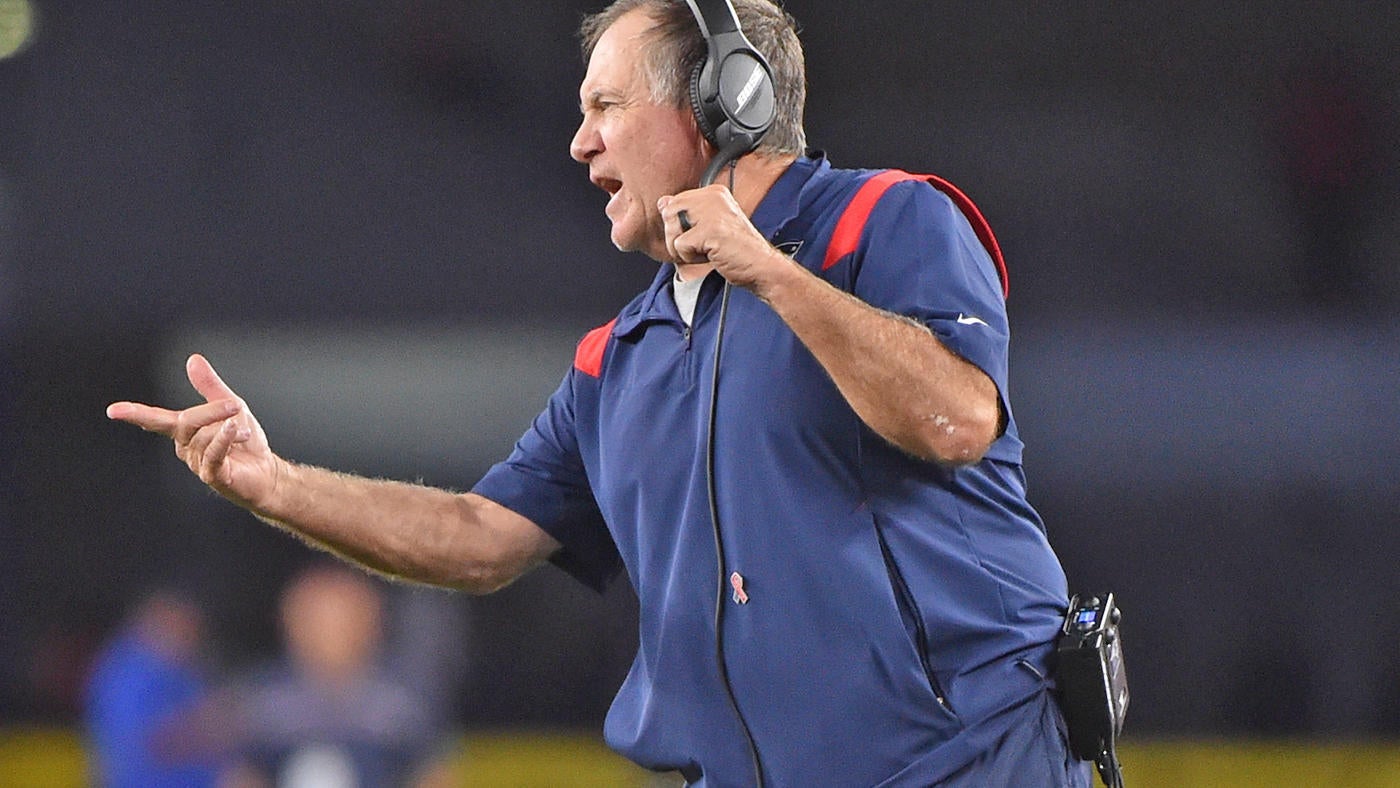Despite ‘game-changing’ new RSV shots, uptake lagged among infants, adults: Experts
Written by ABC Audio ALL RIGHTS RESERVED on January 26, 2024
(NEW YORK) — For years, respiratory syncytial virus (RSV) has been the most common reason infants are hospitalized in the U.S. and has hospitalized thousands of elderly people every year.
After decades of trying to develop a vaccine, they became available ahead of this season for the first time for adults aged 60 and older and for pregnant people between 32 weeks’ and 36 weeks’ gestation.
Additionally, for the first time ever, an injectable monoclonal antibody shot to protect babies aged 8 months and younger and certain high-risk children under 24 months also hit the market.
However, the experience of doctors getting their patients immunized has been varied across the country. Supply chain issues hampered efforts and some parents have been reluctant to vaccinate their children, health care experts told ABC News.
“So, before the onset of the RSV season this year, there was so much excitement in the pediatric medical community about these new tools,” Dr. Allison Bartlett, professor of pediatric infectious diseases at the University of Chicago Medicine Comer Children’s Hospital, told ABC News. “We now have what should be an absolute game-changing set of tools. But I have to say, I’m disappointed by the number of families who elected not to provide protection to their babies.”
New RSV vaccines, immunizations
RSV is a common respiratory virus with most children affected by their second birthday, according to the Centers for Disease Control and Prevention (CDC).
Although it typically causes mild, cold-like symptoms and most people recover in one to two weeks, it can be a serious infection for infants and older adults, resulting in hospitalization, the CDC said. Up to 80,000 children younger than age 5 are hospitalized every year.
For babies under 8 months old, two monoclonal antibody shots became available. Monoclonal antibodies are proteins manufactured in a lab that mimic the antibodies the body naturally creates when fighting an infection.
Though given as an intramuscular injection, this shot is different than a vaccine, which activates the immune system.
One of the monoclonal antibody shots, Beyfortus, manufactured by AstraZeneca and Sanofi, reduces the risk of severe RSV disease by about 80%, according to the CDC.
‘Discouraging’ uptake
However, uptake varied across the country. Dr. Alexy Arauz Boudreau, associate chief for pediatrics at Massachusetts General Hospital, told ABC News between 80% and 90% of families in her patient population had their children immunized against RSV.
Comparatively, Bartlett said the immunization was offered to parents of newborns before hospital discharge and more than half of families declined, which she called “discouraging.”‘
She added that in conversations with colleagues who take care of older patients, vaccines available for “that population are being underutilized as well, unfortunately.” CDC data shows just 21.1% of older adults in the U.S. have been vaccinated.
Dr. Eric Biondi, associate chief medical officer for the Johns Hopkins Children’s Center, said he did not have a single parent ask about the RSV immunization.
Vaccine hesitancy, supply chain issues
The doctors said there are various reasons why uptake may not have been as high as they were hoping. Some parents may have been nervous about a new product, despite clinical trial data showing it to be safe and effective.
Other parents may not have even been aware that the product was available or may be experiencing vaccine fatigue, or shot fatigue, due to the COVID-19 pandemic, health care experts told ABC News.
“We’ve kind of been inundated with stuff from the CDC and other places over the last few years that I think there’s. … maybe there’s a little more apathy toward more guidelines,” Biondi said. “Not that they’re wrong or bad, but you can only stay on high alert for so long.”
Then, there were supply chain issues. Officials from the Biden administration met with manufacturers and partners of RSV immunizations including Sanofi, AstraZeneca and Thermo Fisher, in fall 2023 and urged them to speed up production as physicians faced an alarming shortage.
Sanofi, one of the makers of Beyfortus, said in a statement last month that there were some “implementation barriers, including commercial payer coverage and coding issues” and that demand outpaced supply.
The company said it has delivered enough doses to make 1.4 million babies in the U.S. eligible to receive Beyfortus.
As of Dec 2023, 28% of mothers with babies under 8 months said they got their infant the shot, according to a new CDC survey.
While the doctors told ABC News they believe the availability of these tools likely had some effect on hospitalization rates, next year will likely be more telling.
“My suspicion is once the supply chain issues kind of correct themselves, and more kids are getting it, I think next year might be more telling as to how much of an impact [the immunization] really has on the hospital side,” Biondi said.
Bartlett said she’s hopeful that between this winter and fall, there will be more conversations with parents about the real-world implications of the monoclonal antibody shot that will result in more infants getting protected before the next RSV season.
“Our goal with these prevention tools that we have is to put the children’s hospitals out of business,” she said. “You know, we won’t be sad if our ICUs are not full of children with RSV infections. We would much rather than be home and healthy and happy.”
Copyright © 2024, ABC Audio. All rights reserved.







